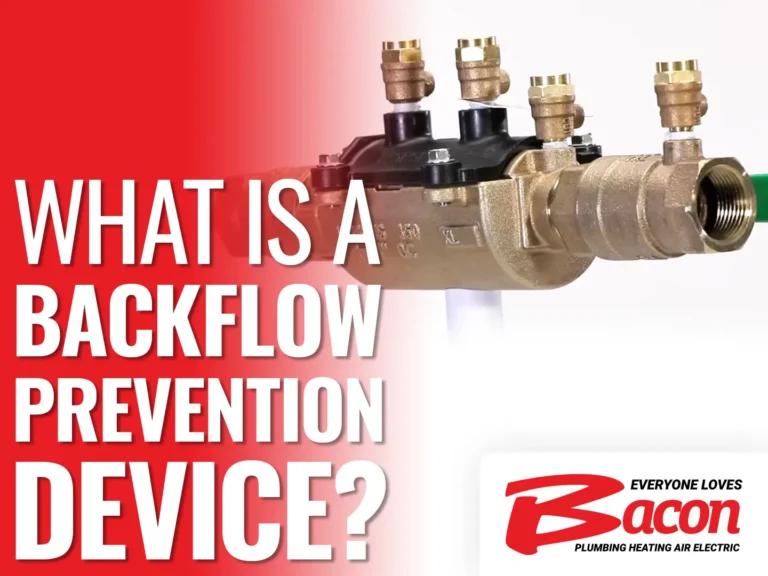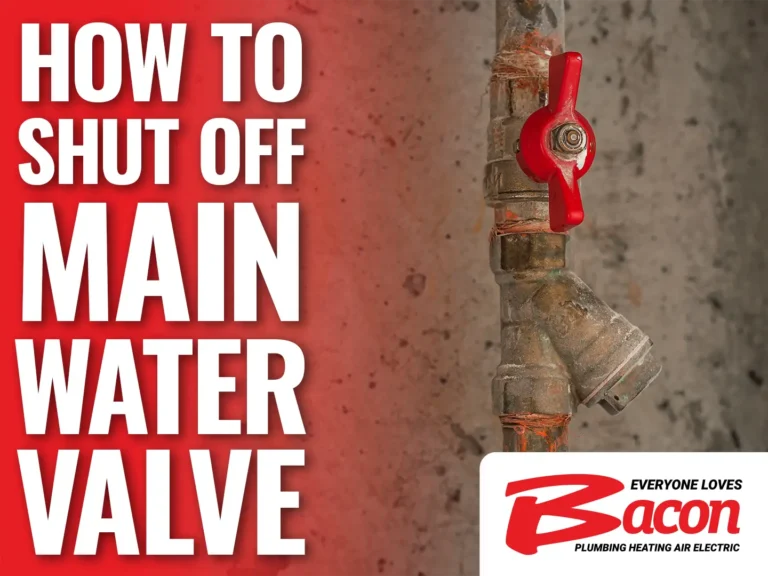Key Takeaways
- UV water filters offer a chemical-free method to purify water.
- Eliminates harmful microorganisms (bacteria, viruses, protozoa).
- Requires minimal upkeep, typically only routine cleaning and annual lamp replacement.
- Particularly beneficial for those using well water or living in areas with compromised water sources.
- Does not remove sediments, chemicals, or heavy metals (use UV filter in combination with other methods for comprehensive treatment).
What is a UV Water Filter?
A UV water filter is a type of water filtration device that uses ultraviolet (UV) light to disinfect water by killing or inactivating harmful microorganisms such as bacteria, viruses, and protozoans.
How Do UV Water Filters Work?
Ultraviolet (UV) water filtration uses UV light to eliminate harmful microorganisms in your water.
During the treatment process, water passes through a UV filter system where it is exposed to UV-C light, a specific type of ultraviolet light that is particularly effective against bacteria, viruses, and other pathogens.
UV-C light has a unique wavelength of 254 nanometers that disrupts the DNA of microorganisms. This makes it impossible for them to reproduce and cause harm.
Think of it like a microscopic “off switch” that shuts down the ability of bacteria and viruses to multiply.
Benefits of UV Water Filters
- Chemical-Free Filtration: Unlike other methods, UV filtration does not require the use of chemicals, ensuring your water remains pure and unaltered in taste and smell.
- Effective Germ Elimination: UV light can destroy 99.99% of harmful microorganisms, including bacteria, viruses, and fungi, providing an extra layer of protection for your drinking water.
- Low Maintenance: UV systems require minimal upkeep, typically involving only routine cleaning and annual lamp replacement.
Common Contaminants Eliminated by UV Water Filters
UV water filters are highly effective at eliminating microbiological contaminants that can cause serious illness.
As we mentioned earlier, these filters use UV-C light to disrupt the DNA of pathogens, rendering them harmless and unable to reproduce. Here are some common pathogens that UV light can eliminate:
- Bacteria: E coli, Cholera, Dysentery bacilli, Salmonella, Mycobacterium tuberculosis, Streptococcus
- Viruses: Hepatitis B
- Protozoa: Cryptosporidium, Giardia
- Algae
- Fung
When Should You Choose a UV Water Filter?
If you live in an area with a well water supply, a UV water filter is highly beneficial. Well water can contain a variety of microorganisms that may not be fully eliminated by other filtration methods.
If you have a compromised water source, such as areas prone to water contamination or older plumbing systems, a UV water filter can offer peace of mind. It effectively neutralizes harmful microorganisms that can be present due to pipe degradation or external contamination.
If you want a chemical-free filtration option, UV water filters are ideal. Unlike chemical treatments that can leave behind unpleasant tastes and odors, UV water filters disinfect water without changing its taste or smell. This makes UV filters a great choice for those sensitive to the taste or odor changes caused by chemical disinfectants.
Maintenance and Longevity
One of the standout features of UV water filters is their low maintenance requirements. Routine tasks include:
- Cleaning the Quartz Sleeve: Wipe down the quartz sleeve—the clear glass tube surrounding your UV light—with a soft, lint-free cloth, every month to ensure the UV light can pass through unobstructed.
- Annual Lamp Replacement: Replace the UV lamp every 12 months to maintain its effectiveness against harmful microorganisms. The steps to replace it are different for each brand, so check your user manual for guidance. If you’re not comfortable doing it yourself, consider hiring a professional to replace it for you.
Bacon Home Tip: When handling the UV lamp, always wear gloves to prevent skin oils from damaging the bulb and reducing its lifespan.
What are the disadvantages of UV Water Filters?
While UV water filters are highly effective at eliminating microorganisms, they do have limitations:
- Limited Filtration Scope: UV filters do not remove sediments, chemicals, or heavy metals from water. It’s recommended to use them alongside other filtration methods for comprehensive water treatment. Consider consulting a professional to find the ideal water filtration setup for your home.
- When Cloudy Water Gets in the Way: If your water is cloudy or murky, it can reduce the effectiveness of a UV water filter. This is because the tiny particles in the water can block the UV light from reaching the bacteria and viruses, making it harder for the filter to do its job. Installing a sediment pre-filter can help ensure clear water reaches the UV system.
Are UV Water Filters Worth It?
Yes, UV water filters are worth considering for safe and clean drinking water. They effectively kill bacteria and viruses without using chemicals and require minimal maintenance. However, for maximum protection, they work well in combination with other filtration methods.
Improve Your Home’s Water Quality with Bacon Plumbing Heating Air Electric
At Bacon Plumbing Heating Air Electric, we care about the water quality your family drinks. We’re dedicated to helping you enjoy clean, safe water in your home, every day.
Our licensed plumbers in Rockwall, Plano, and Spring are dedicated to helping you breathe easy and drink safe water. We’re proud to serve our neighbors in DFW and the greater Houston area with personalized UV water filter installation and maintenance.
Ready to take the first step towards cleaner water? Call us today at (972) 703-2497 and let’s work together to make your water safer and healthier.



